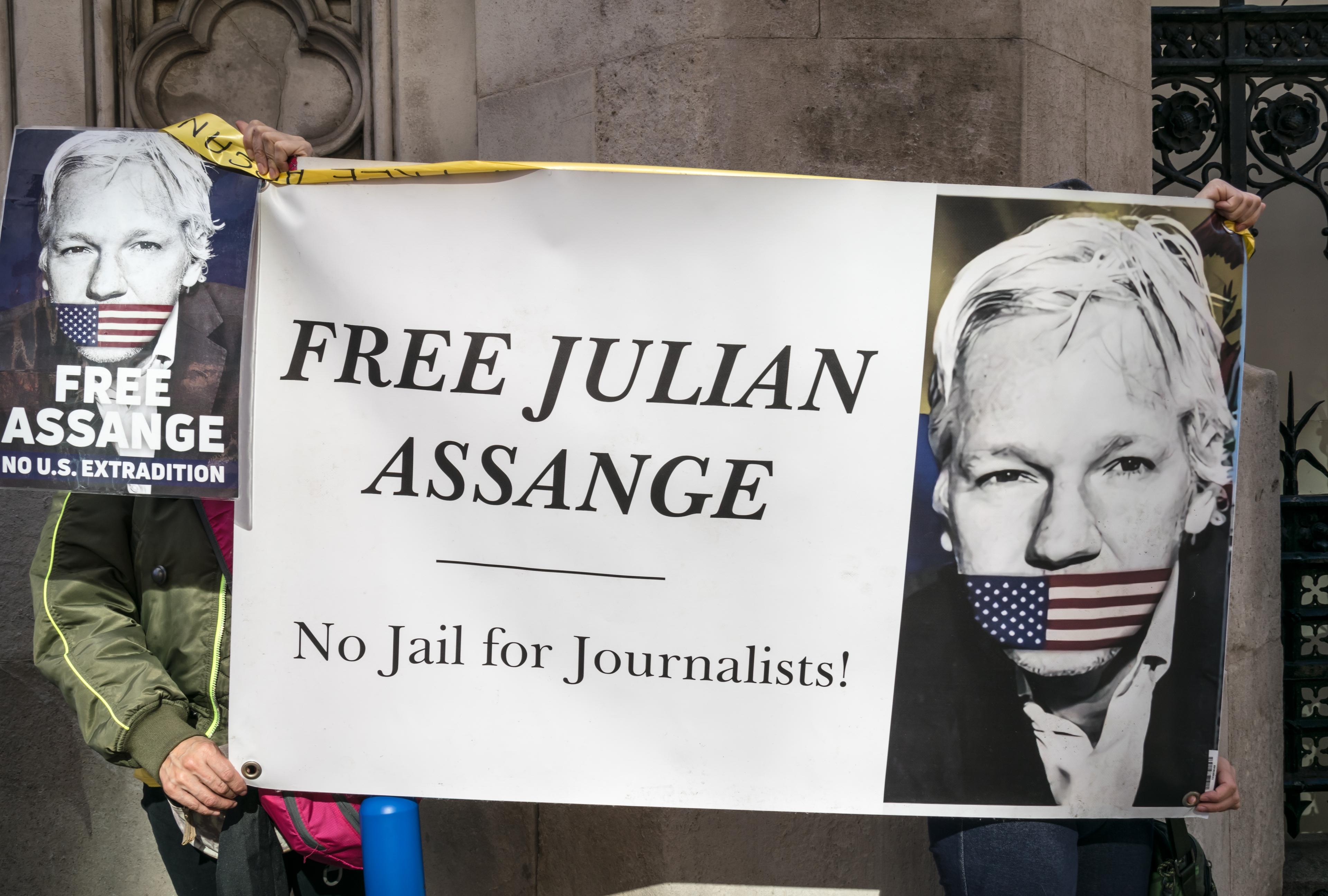WikiLeaks, Julian Assange
Assange is Free!
Plea deal causes joy for some, and fury for others.

In a dramatic turn of events, Julian Assange, the controversial founder of WikiLeaks, has been released from prison and left the United Kingdom after reaching a plea agreement with U.S. authorities. This development marks the end of a years-long legal saga that has captivated the world and sparked intense debates about press freedom and national security.
Assange, 52, has agreed to plead guilty to a single count of conspiracy to obtain and disseminate national defense information. The plea deal, filed in a court in the Northern Mariana Islands, is expected to result in a sentence of five years and two months in prison, equivalent to the time he has already spent in detention in Britain, as reported by the Times of Israel.
The Australian national was flown from London to Bangkok on a charter plane, with his final destination being Saipan, the capital of the U.S. territory where he is scheduled to appear in court. This unexpected resolution comes just two weeks before Assange was set to appeal his extradition to the United States in a British court.
Assange's case has been a lightning rod for controversy since 2010 when WikiLeaks published hundreds of thousands of classified U.S. documents related to the wars in Iraq and Afghanistan. To some, he became a champion of free speech and government transparency. To others, he was viewed as a threat to national security and intelligence operations.
The plea deal has elicited mixed reactions. Former U.S. Vice President Mike Pence criticized the agreement, calling it a "miscarriage of justice" that "dishonors the service and sacrifice of the men and women of our Armed Forces." Meanwhile, Assange's supporters, including his wife Stella and mother Christine, expressed relief and gratitude for his freedom.
This resolution comes after years of diplomatic and legal maneuvering. Assange had been detained in London's high-security Belmarsh prison since 2019, following seven years of asylum in Ecuador's London embassy. The Australian government had recently made an official request to the Biden administration to drop the case, citing concerns that it had "dragged on for too long."
The plea deal addresses a key question that was to be the focus of Assange's appeal: whether, as a foreigner on trial in America, he would be protected by the First Amendment's guarantees of freedom of speech.
As Assange prepares to face the U.S. court, his case continues to raise important questions about the balance between national security and press freedom in the digital age. The resolution of this high-profile case may have far-reaching implications for whistleblowers, journalists, and governments worldwide.